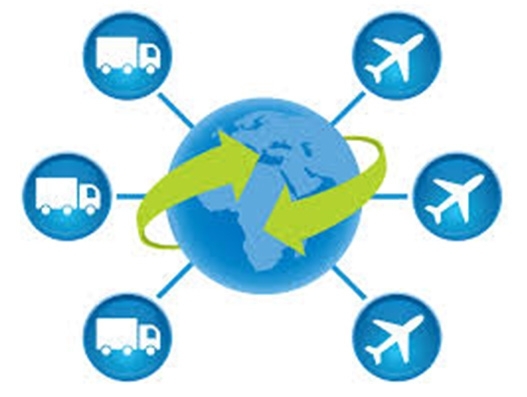
IATA makes e-AWB default contract starting January 2019
Nov 2, 2018: Effective 1 January 2019, the electronic Air Waybill (e-AWB) will become the default contract of carriage for all air cargo shipments on enabled trade lanes. This key industry milestone ushers air cargo into a new era where digital processes will be the norm and paper processes will be the exception. e-AWB will […]

Nov 2, 2018: Effective 1 January 2019, the electronic Air Waybill (e-AWB) will become the default contract of carriage for all air cargo shipments on enabled trade lanes.
This key industry milestone ushers air cargo into a new era where digital processes will be the norm and paper processes will be the exception.
e-AWB will eliminate paper based processes; improve efficiency and reliability of the overall cargo handling process; will lead to faster delivery times; decrease handling errors and have a positive impact on the environment with reduced paper usage.
IATA introduced e-AWB in 2010 with the objective to initiate the digitalization of the air cargo supply chain. Ever since, the e-AWB initiative has been a key enabler to the digitalization and transformation of our industry, as data availability and quality is critical to deliver innovative solutions and enhance customer experience.
The growing number of stakeholders using e-AWB demonstrates that the industry is ready and committed to embrace the full digitalization of the air cargo industry.
IATA encourages all air cargo industry stakeholders to switch to e-AWB at the earliest unless a paper air waybill may still be required due to applicable international treaties, national law, or as bilaterally agreed between the parties.

